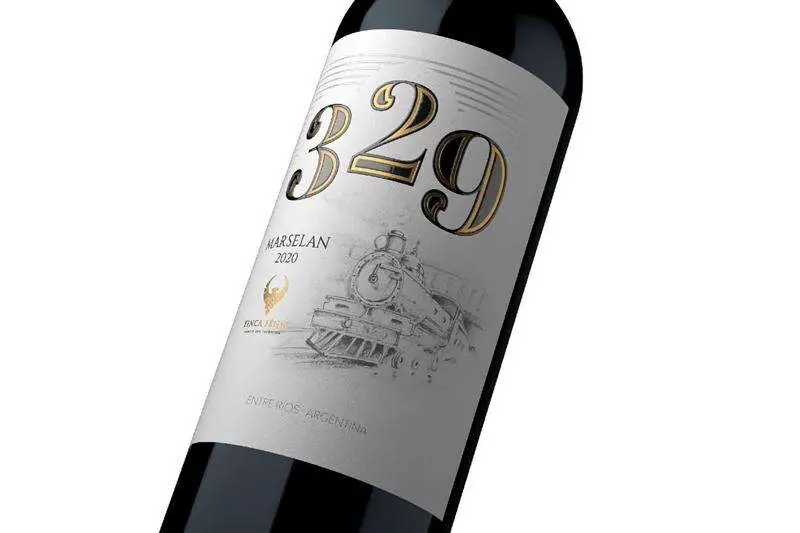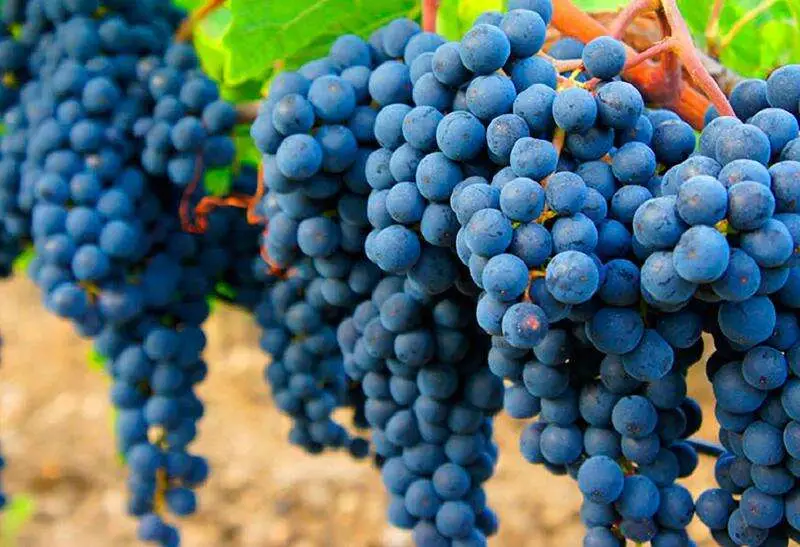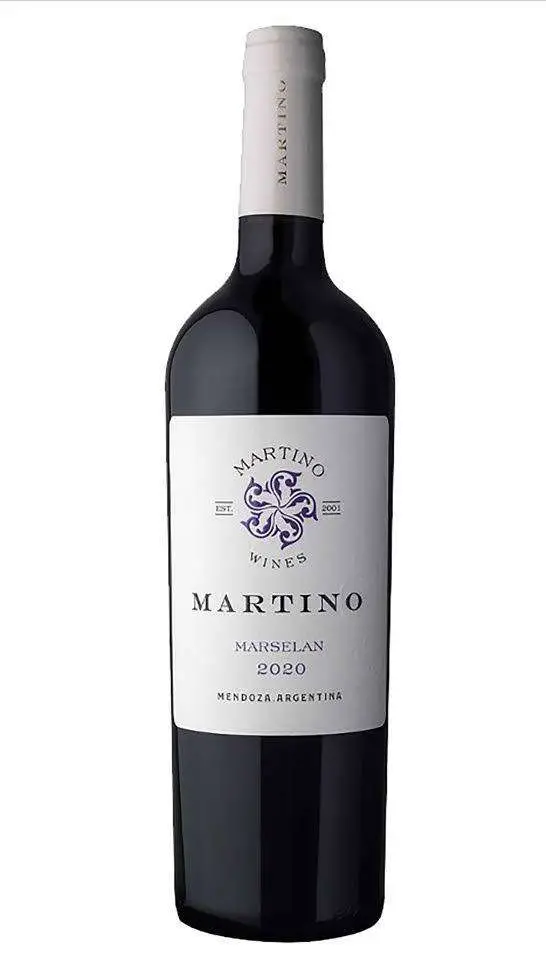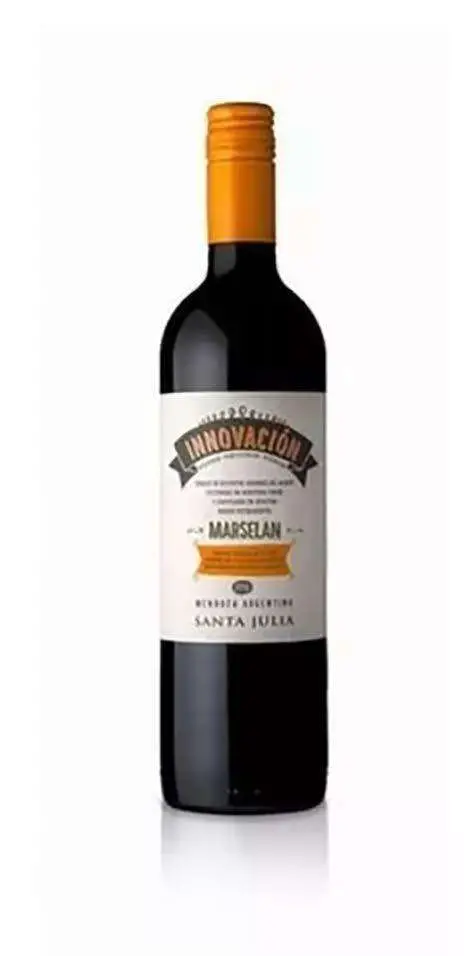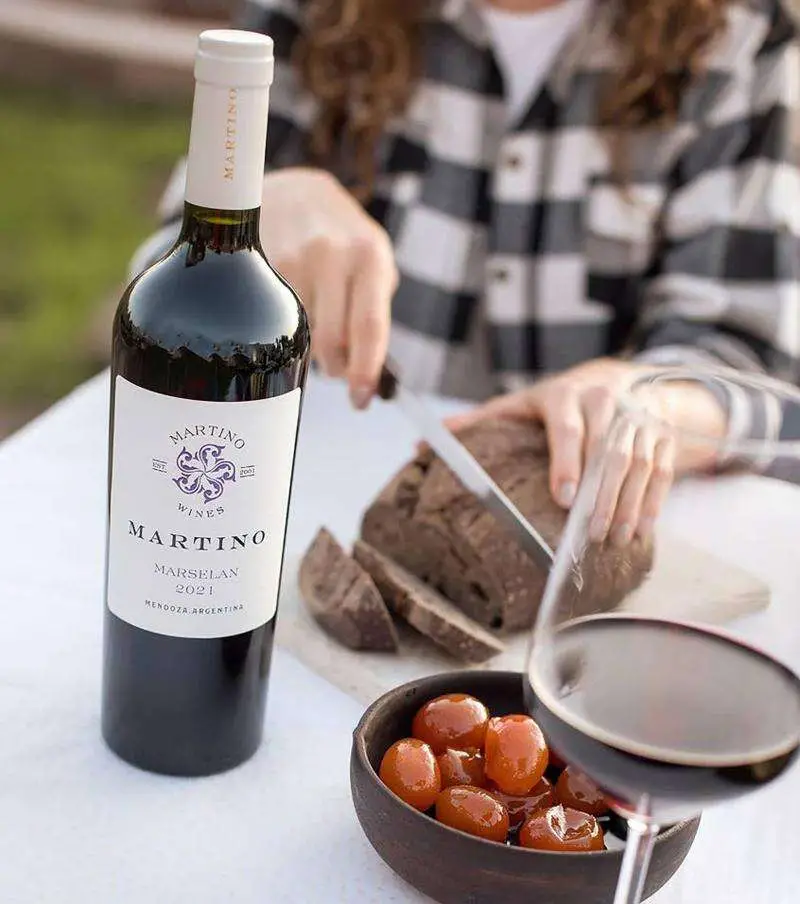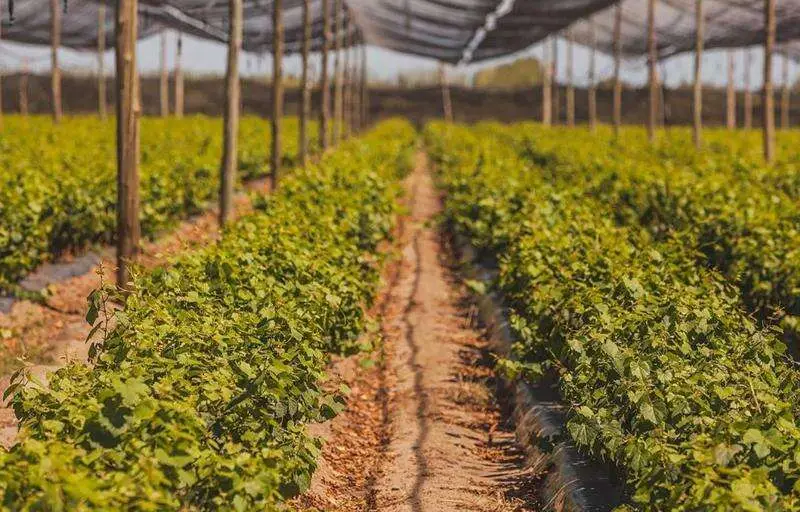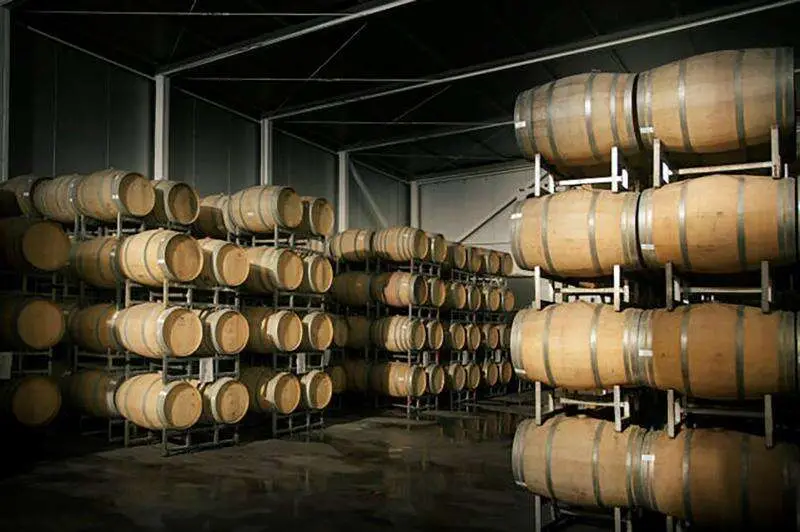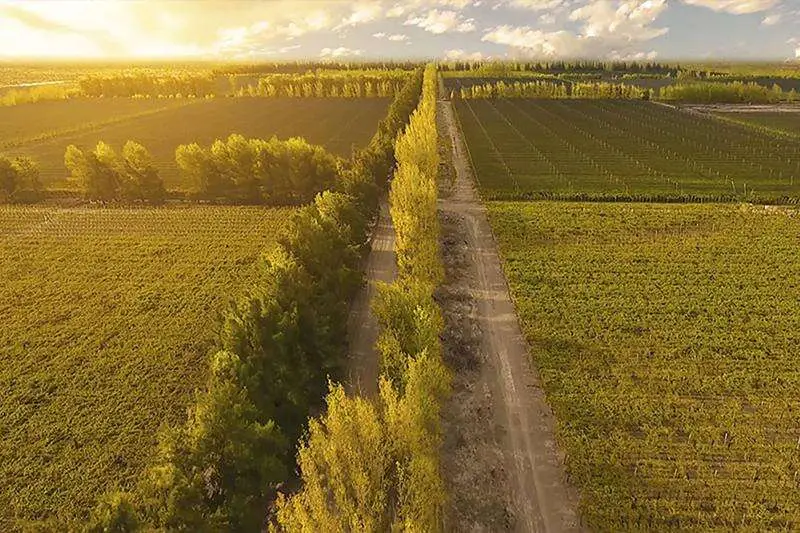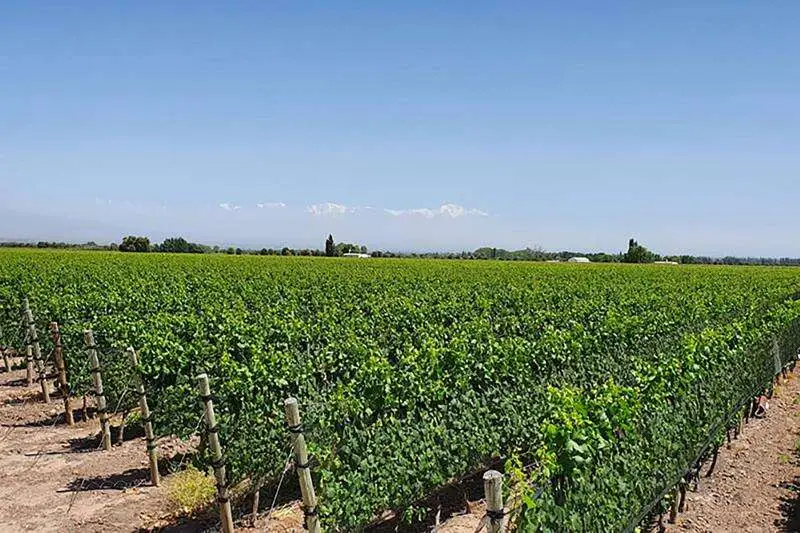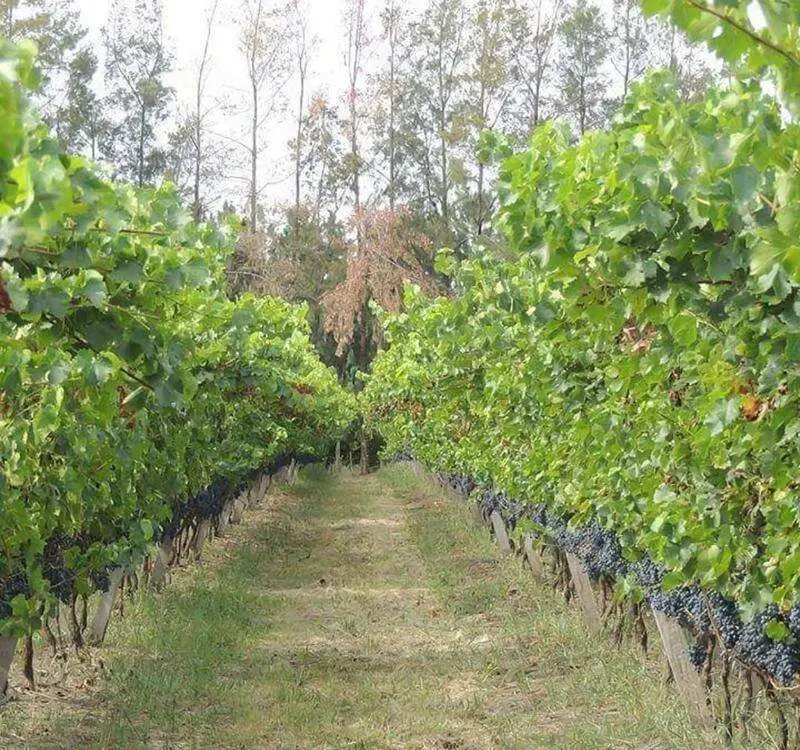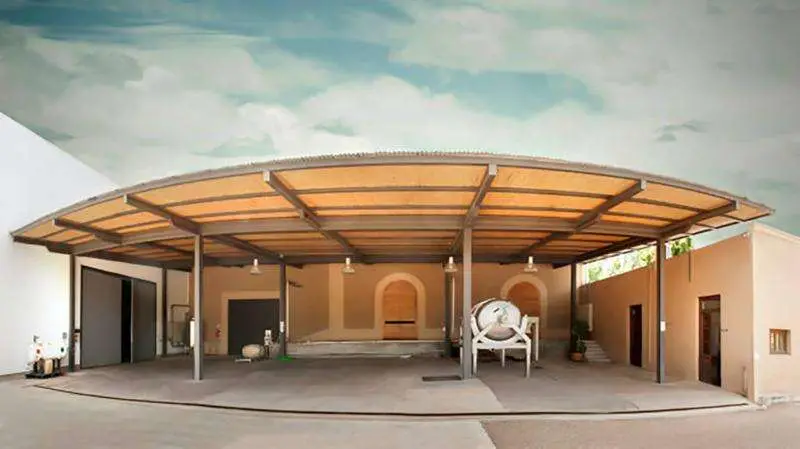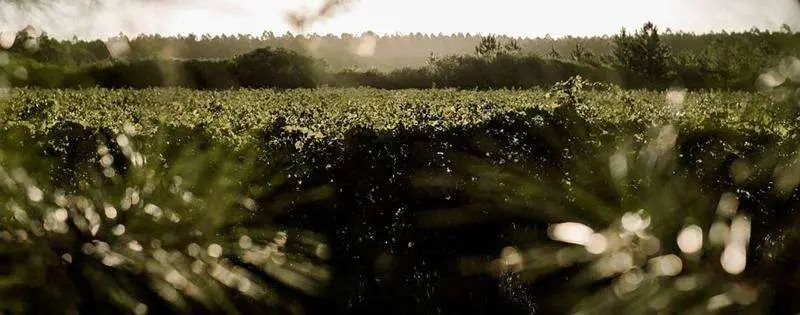
The Marselan Grape in Argentina
Today is celebrated globally as World Marselan Day, and Thursday Food is introducing you to a scarcely known European grape that has conquered Asia and South America. Marselan is a hybrid grape variety that is a cross between two well-known grapes, Cabernet Sauvignon and Grenache, and which was lab-created in the late 1960s by French grape breeder Paul Truel. The development of this grape was to identify a variety that would be resistant to disease while still producing high yields. The grape, which captures the delicacy of the Cabernet Sauvignon and the heat-resistant nature of the Grenache, was named after Marseillan, a local wine-growing region in France, on the coast of the Mediterranean.
The Marselan grape is now widely grown across the world in many wine regions including Argentina, Brazil, Spain and the United States, but China is where it is planted the most, outside of France. Marselan has been gaining popularity in Argentina in recent years as a relatively new addition to the country’s viticultural landscape, having been first introduced in the early 2000s. Here, it is primarily grown in the Mendoza region which produces most of the country’s best wines. The warm days and cool nights are the perfect climatic conditions that are ideal for growing Marselan, allowing the grapes to ripen slowly and develop complex flavours.
One of the main reasons for its increasing popularity is its resistance to disease and pests which makes it easier to cultivate and harvest, leading to more consistent yields from year to year. Additionally, Marselan grapes have a thick skin, which provides good protection against sunburn and other environmental stresses that may affect other varieties. On a vine, these grapes are typically small and tightly packed, ripening relatively late in the season. The resulting wines are typically full-bodied, with dark fruit flavours such as blackberry and blackcurrant, as well as a spicy, earthy character. They are often described as having a similar flavour profile to Cabernet Sauvignon, but with softer tannins and a more approachable character.
Marselan is still a relatively rare grape variety in Argentina, with only 42 hectares of vineyards planted in the province of Mendoza and just a handful of bodegas producing wines made from this grape. However, its popularity is on the rise, and it is expected that more winemakers will begin to experiment with this grape in the coming years. It is often used as a blending grape, particularly in the Languedoc-Roussillon region of France, where it is commonly blended with other red grape varieties such as Syrah and Carignan. However, some winemakers also produce single-varietal Marselan wines, particularly in regions such as China and Argentina. Today, Thursday Food introduces you to three Marselan wines produced in Argentina that you need to know about:
Martino Marselan is made from 100 per cent Marselan grapes and is produced by Bodegas Martino, a family-owned winery, from vineyards located at an altitude of 1,800 metres above sea level in the Calchaquí Valley region of Argentina. The wine is a deep, ruby-red colour with blue tones, expressing aromas of blackberry and blackcurrant, as well as hints of spices, prunes and licorice. On the palate, the wine is full-bodied and well-structured, with flavours of ripe fruit, oak, along with a touch of earthiness. The tannins are firm but well-integrated, providing a smooth, lingering finish which makes it an elegant, well-crafted wine. Only 1,800 bottles of this hand-harvested wine were produced, having a depth and complexity derived from being aged for 12 months in French oak barrels.
329 Marselan is produced by Finca Fenix from 100 per cent Marselan grapes grown in the Entre Rios area of Argentina, which is located in the country’s north-eastern region, bordering Uruguay. The area is well-known for its wetlands, rivers, and subtropical climate which is well-suited for growing this grape. The 329 Marselan is known for its intense red colour and bold, fruity flavours which typically are notes of blackberry, black cherry, and plum, as well as hints of spice and chocolate. It also has soft, velvety tannins, which make it deliciously smooth and easy to drink.
Santa Julia Innovación Marselan is a 100 per cent Marselan variety produced by Bodega Santa Julia from vineyards located in Mendoza’s Uco Valley. This wine has an intense ruby red colour and has aromas of spice, vanilla, blackberry and plum on the nose. In the mouth, the wine is full-bodied and well-structured, with flavours of ripe fruit, oak, in addition to a touch of minerality. This is a luxurious wine with firm tannins that are well-balanced resulting in a finish that is long and smooth.
The Marselan grape has been an exciting addition to Argentina’s viticultural landscape as it offers yet another unique flavour that expresses the versatility of the country’s terroir that is sure to appeal to wine lovers around the world.
